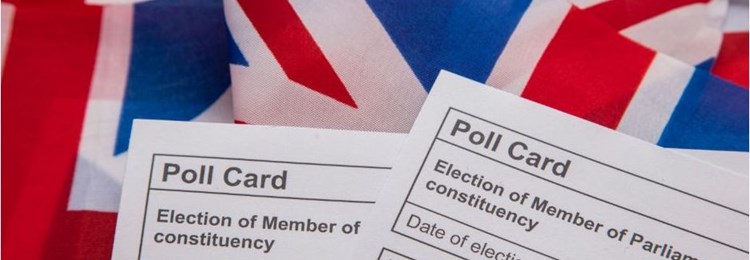
Gearing up for a new government: the impact of automotive policy on the next general election
Date: Thursday 04 April 2024
Gearing up for a new government: the impact of automotive policy on the next general election
Dods Political Intelligence – download report here
Dods Insight
Jack Williamson, Political Consultant for Transport, and Jack Green-Morgan, Political
Consultant for Energy, Utilities, and Net Zero:
“While the car sector has huge economic importance to the UK, the debates on automotive policy
in the looming local elections in May and general election later in the year are likely to coalesce
around two themes: the cost-of-living crisis and lifestyle choice.
Prime Minister Rishi Sunak has positioned himself as the champion of drivers, and pledged to
end what he has called the “war on motorists.” This strategy has been seen to work with the
electorate, with the Conservatives’ unexpected victory in the 2023 Uxbridge and Ruislip byelection underpinned by opposition to Labour plans to expand the London Ultra Low Emission
Zone. While Labour’s London Mayor has said that ULEZ is necessary to improve air quality and
the environment, the Conservatives have argued that the scheme’s costs fall disproportionately
on poorer households already struggling with rising costs who cannot afford to buy compliant
vehicles.
Conservative rhetoric has often focused on consumers, with motorists receiving greater political
attention than the automotive industry, which is still recovering post-Brexit. The Conservatives
have criticized the unpopular rollout of 20mph zones in Wales and other motoring measures
supported by Labour, including the low traffic neighborhoods, on the grounds that people depend
on cars and vans to get around and for their businesses. The government’s Plan for Drivers
opens with the claim “there is nothing wrong with driving” and road construction and repair plans
included in the Network North strategy have been pitched as supporting the freedom of motorists
who choose to travel by car.
At the same time, the Conservatives have pushed back the phase-out of sales of new petrol and
diesel vehicles by five years on the grounds that it will ease cost-of-living pressures, a move that
was criticized by the sector and climate campaigners. That has created another dividing line with
Labour who have committed to maintaining the original 2030 deadline for 100 percent new ZEV
vehicle sales.
These political arguments on automotive policy are likely to play out in the May 2024 local
elections, and then again in the general election later in the year. However, despite the claims
and counterclaims about the merits and costs of ULEZ and LTNs, and disagreement about the
timing of the ZEV mandate, the Conservatives and Labour are not that far apart on the
fundamentals of automotive policy. Both parties support the transition to electric vehicles, and
both are equally keen to ensure the UK remains a car manufacturer and exporter. That means
that after the fog of the election war has cleared, the sector and its stakeholders can count on
broadly similar policy agendas from whoever is in Number 10.”
